I am at IKEA and some guy asks for change. But I rarely carry cash and tell him so. I reach in my pocket and pull out four pennies. He looks and says, “I’ll ask […]
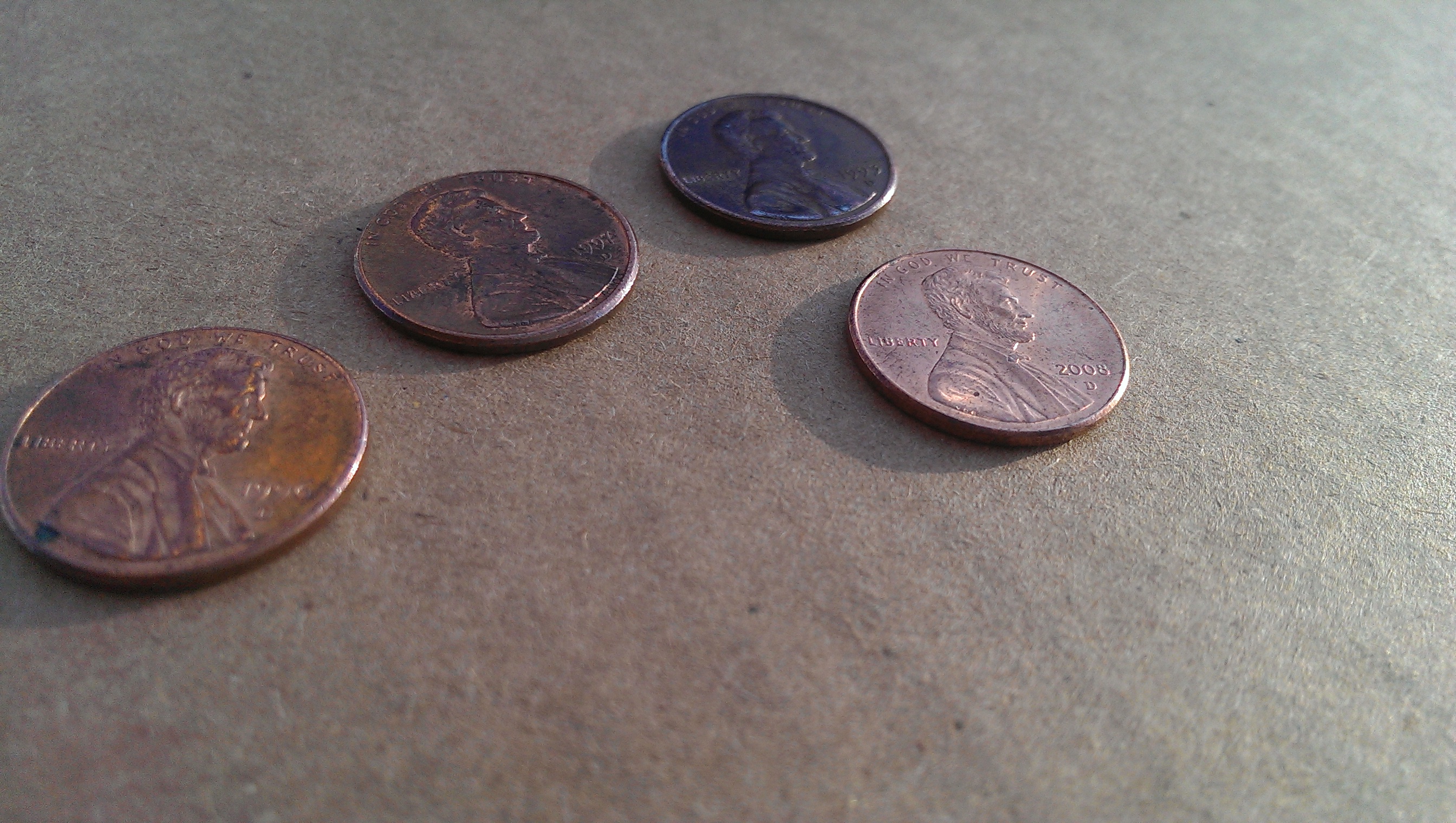

I am at IKEA and some guy asks for change. But I rarely carry cash and tell him so. I reach in my pocket and pull out four pennies. He looks and says, “I’ll ask […]
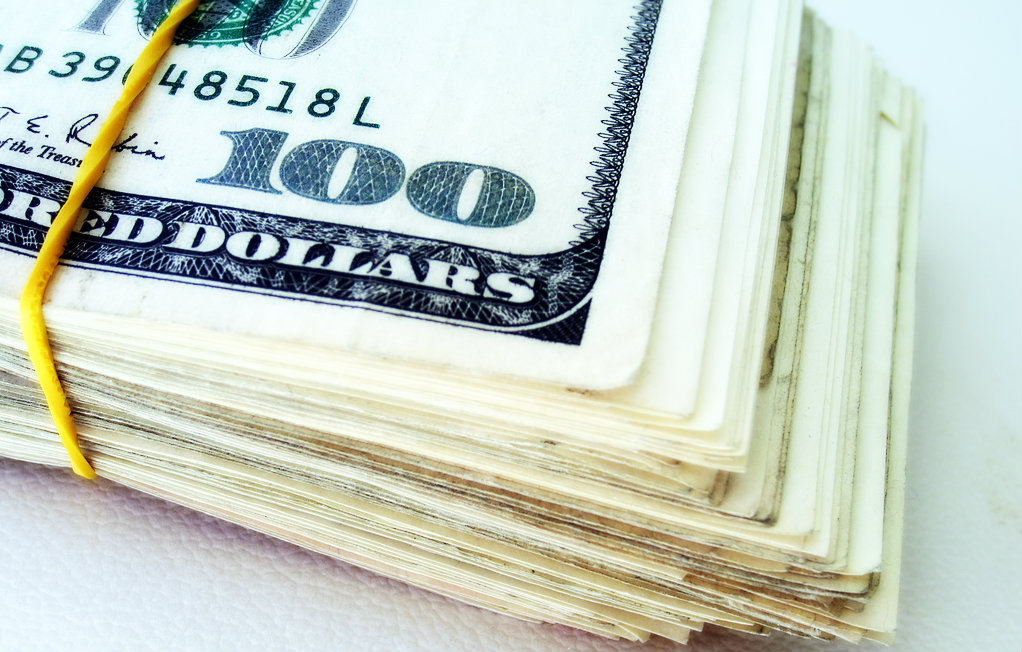
My fake mafia money-lending TV commercial (making a point about how attitudes have changed regarding what’s a high interest rate):
Scene opens with a handsome, greying man dressed in dark suit and tie standing by a burning fireplace, holding a glass of red wine. The hue is yellow.
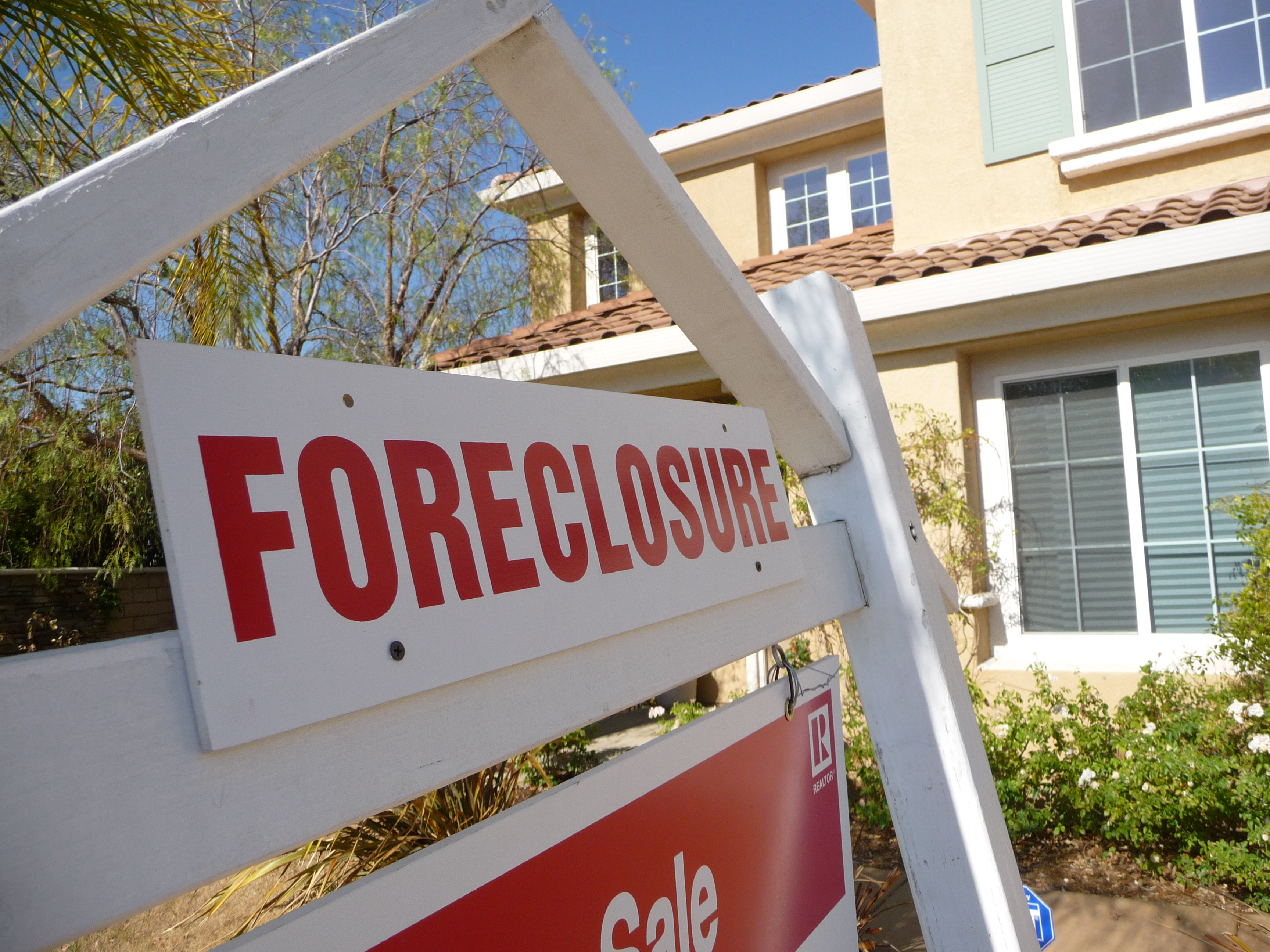
Big business plays the kind of blame game that makes four year-olds crying “He made me do it!” seemingly mature. So, I’m not surprised that yesterday before the US Senate Committee on Banking, House & Urban Affairs, Bank of America’s Barbara Desoer blamed investors for the financial institution’s inability to modify more mortgages. It’s not her fault!—she claims. She makes a strange distinction between investors and shareholders, in the process casting blame as misdirection from a much larger problem: Banks and other lenders mishandling mortgage/foreclosure paperwork.
It was sickening enough when British oil giant BP set new standards for corporate scumbaggery in the Deepwater Horizon oil spill, turning the Gulf of Mexico into its own personal toilet and imperiling entire species […]
Do you ever get the impression your wallet is being relentlessly sucked dry? Or that consumers are being expected to pay for an ever growing list of subscription-based services that, in a less profit-mad world, […]
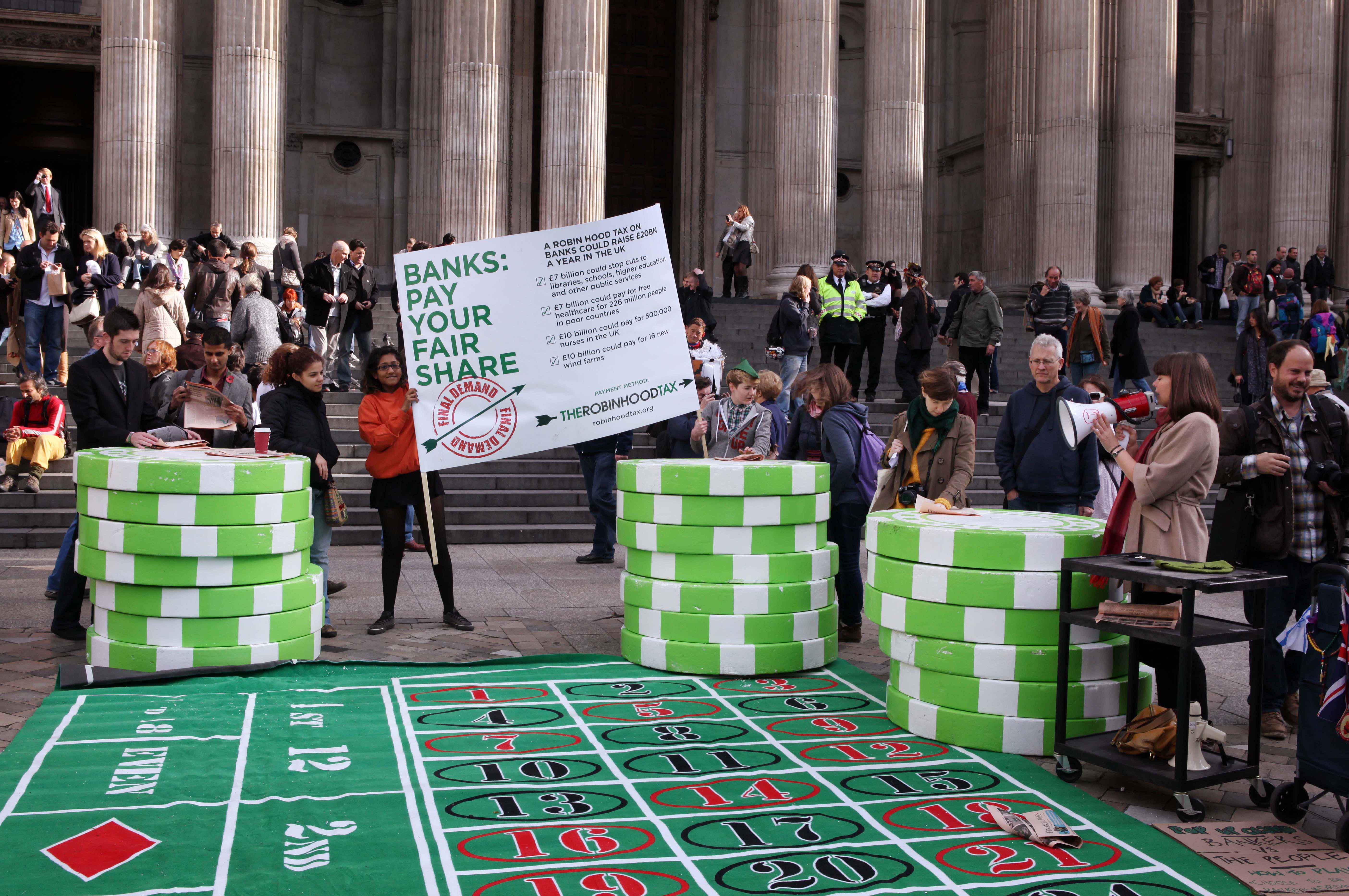
While I was flu-snookered last week, Rolling Stone issue 1099 arrived. It’s the third issue received since my resubscribing after more than 25 years. Amazon made an offer I couldn’t refuse: Half-year subscription for a buck. The writing is better than ever, although a contributing editor wrote the best story—”Wall Street’s Bailout Hustle“.
That best story is simply amazing. Matt Taibbi puts the mortgage crisis and subsequent government bailout in grifter terms (Seven different cons). Matt’s storytelling is exceptional, and he gives the crisis the rip-off context it deserves.
It’s all about profit, and I understand where the silence is coming from, but they are missing the long-term picture. [Chinese leaders’] end game is to extract as much technology out of American companies as […]
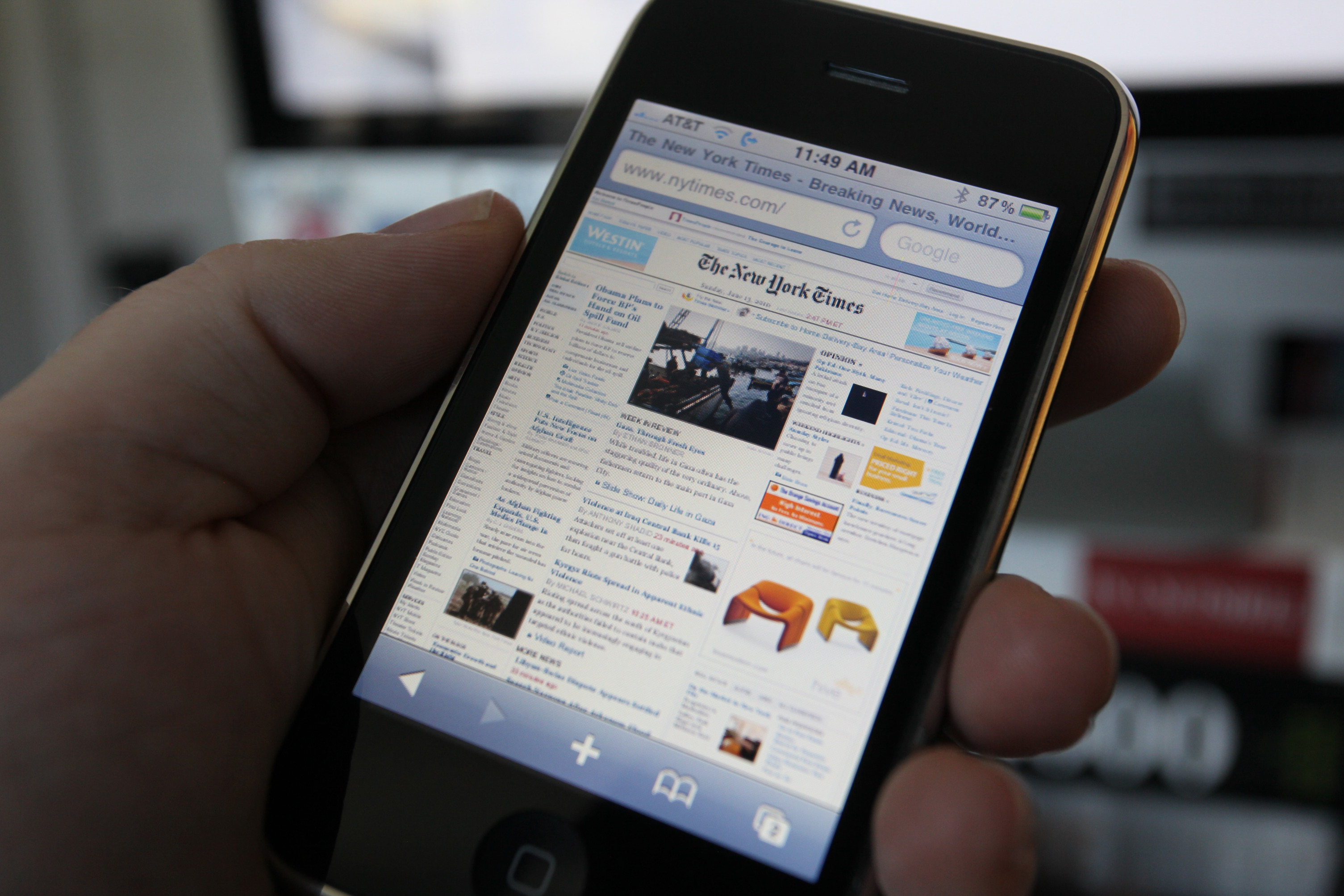
IApple’s mobile phone business would go the same way as the Mac did in the 1980s and 1990s.
Morgan Stanley recently decided to stop making payments on five San Francisco office buildings. A Morgan Stanley fund purchased the buildings at the height of the boom, and their value has plunged. Nobody has said […]

It’s disruptive now as ever. New York Times has two great stories on this disruptive quality: One, “Death by Smiley Face: When Rivals Disdain Profit“, about companies giving away stuff and hurting established profit mongers; […]

After warm weather temporarily boosted home sales in January, reality has returned. According to a CNN Money article, today, home sales dipped in February. More importantly, home prices receded—to an average $230,400, or decline of $6,900 (3 percent)—compared to February 2005.
I am no economist, but I expect an acceleration of the trend. Many U.S. consumers had been using home equity like bank accounts, greatly contributing to overall spending and GDP growth. Trouble signs are everywhere—and well beyond the housing sector. With the exception of some very profitable oil companies, last quarter’s earnings announcements hinted of troubles with consumer spending. When companies like Intel, even Wal-Mart, lower earnings estimate (as they did for first quarter), something’s amiss. And it is.

On the plane from Washington (DC) to Washington (State) today, I got to thinking about numbers, and the shenanigans businesses–and even journalists—get away with because of them.
Lady seated in front of me had a newspaper open with headline about some company paying $1 billion for something. What struck me was the $1, not the billion. People tend to associate with the familiar, and the numbers zero to nine are pretty familiar. The obvious association is everyday usage, which is $1 as $1, whether there is a million or billion that follows. The impact of the number’s real value is insignificant.